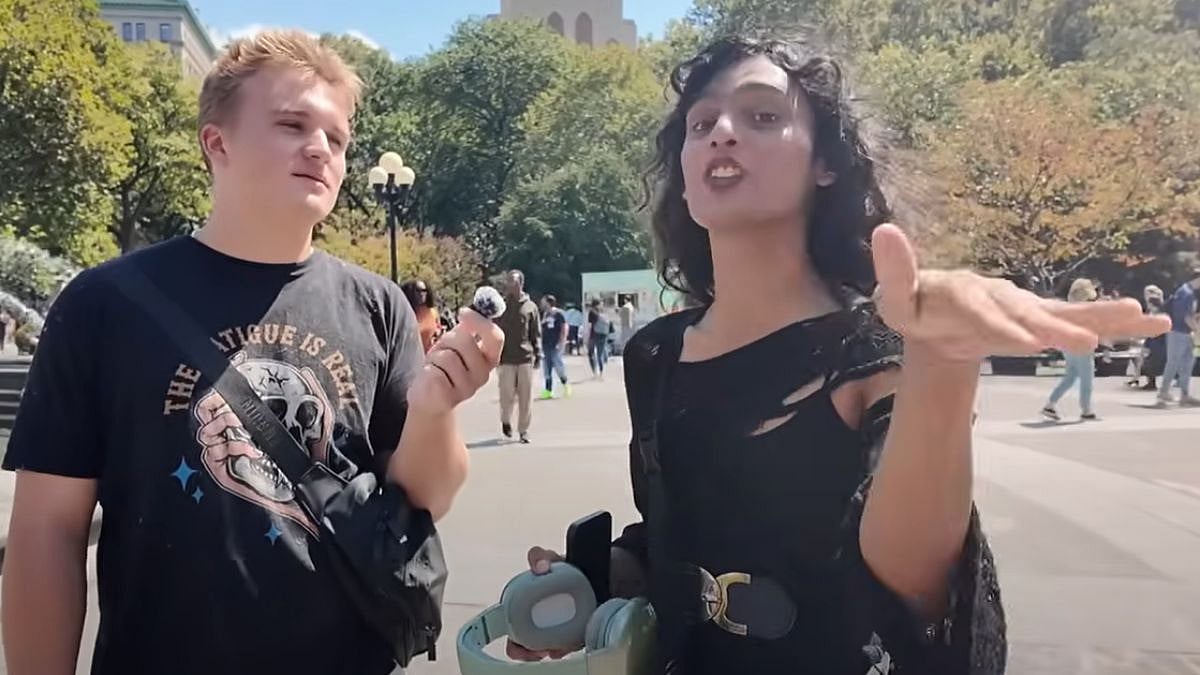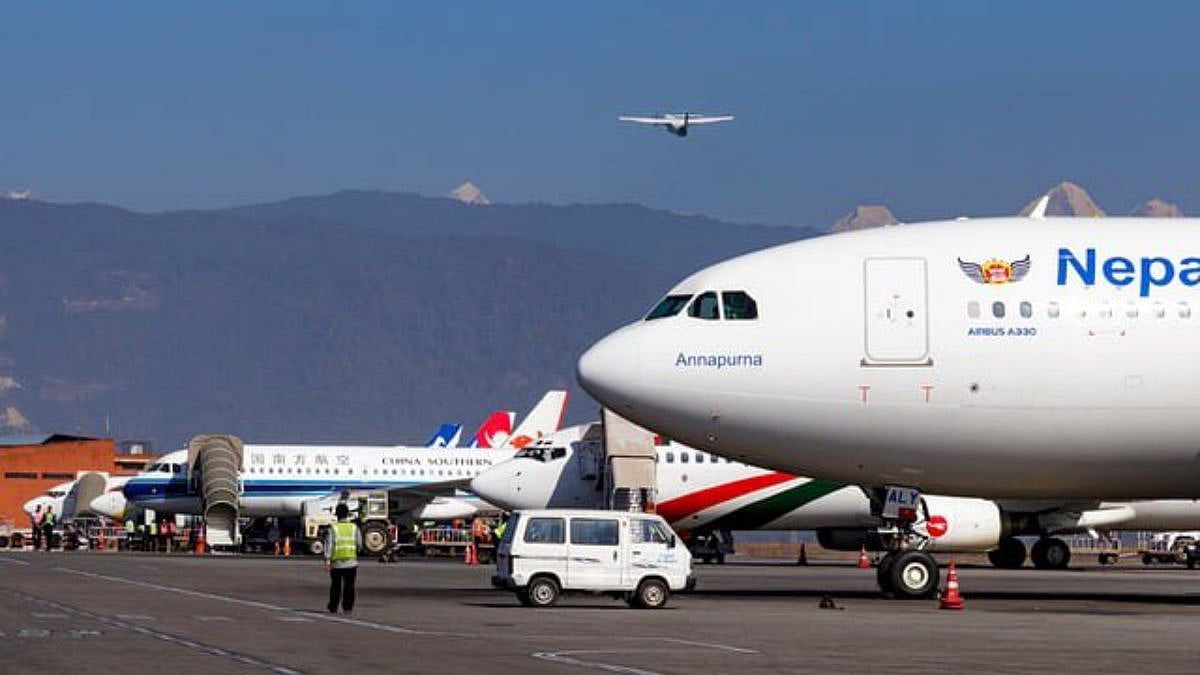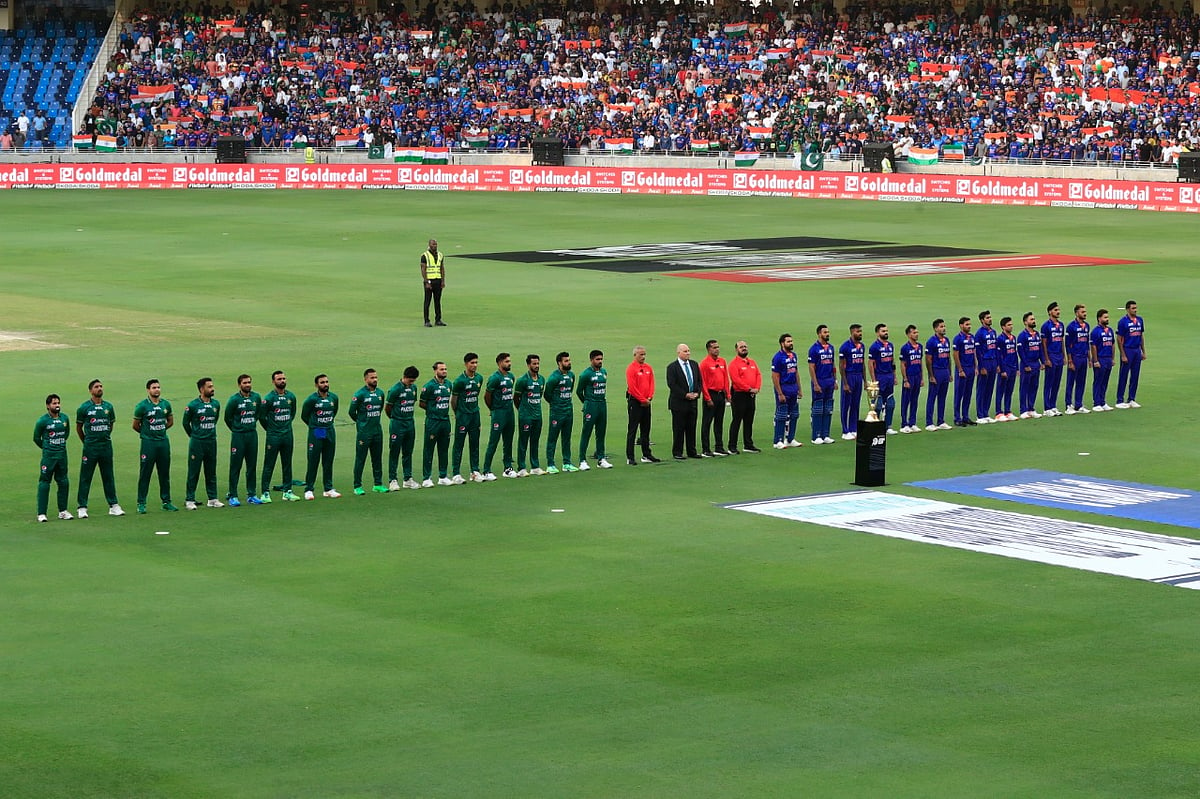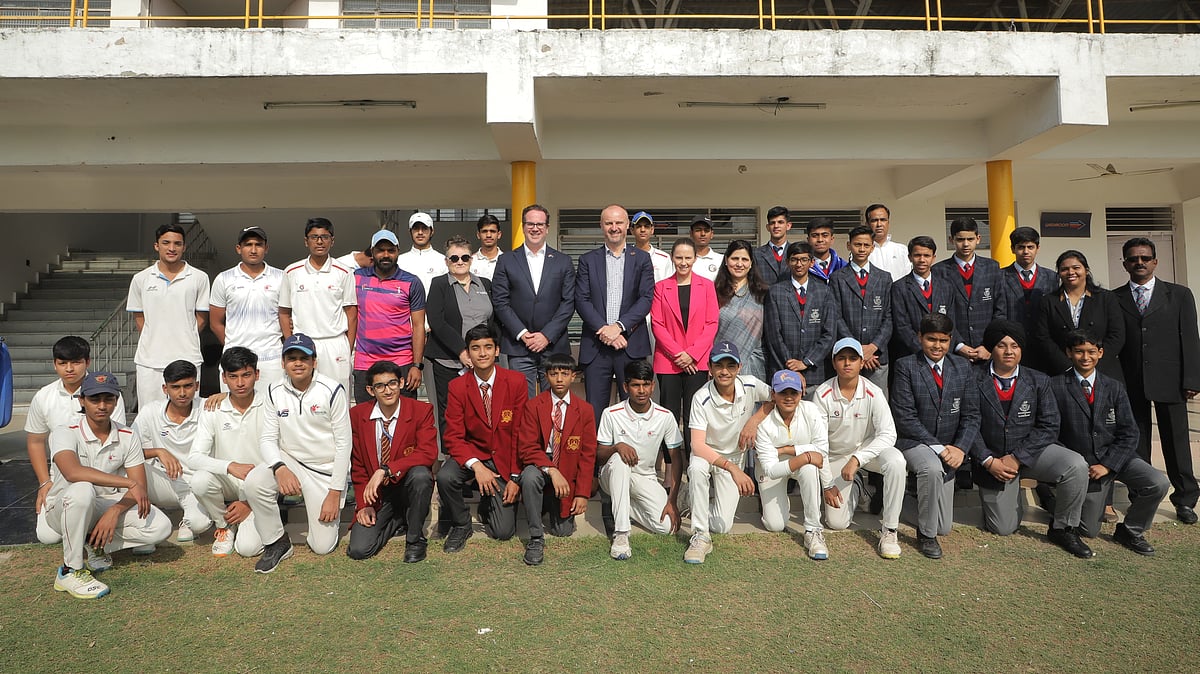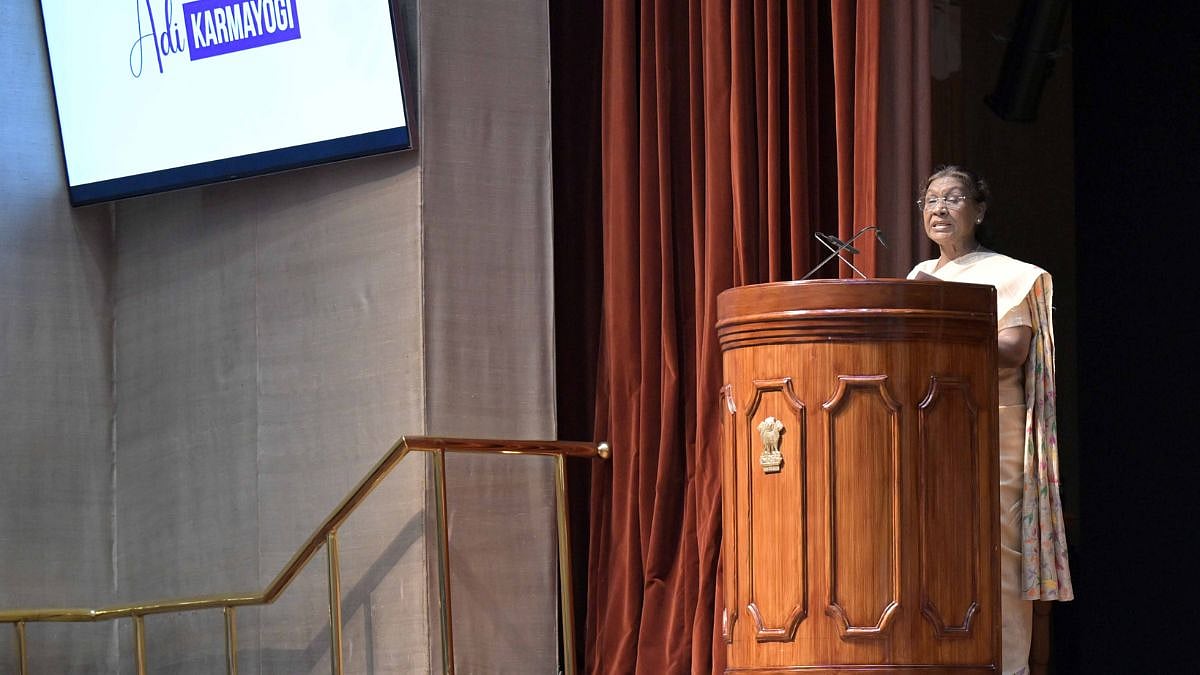Mumbai: New Zealand-India Education Week concluded yesterday on April 21 amidst a series of insightful academic dialogues between experts from both countries. The last day of the education week witnessed an interactive discussion with Grant McPherson, Chief Executive, Education New Zealand Manapao Ki te Ao, and Indian alumni from New Zealand universities.
With an intention to promote New Zealand's cultural diversity amongst students, actress Soha Ali Khan moderated the townhall discussion who’s also the brand advocate of Education New Zealand.
Following the event, Soha Ali Khan expressed her opinions to the Free Press Journal explaining why Indian students should choose New Zealand to study abroad due to its indigenous culture and traditions.
Although the United States and the United Kingdom continue to be the most well-known study abroad destinations, Soha noted that New Zealand is not far behind due to its breathtaking scenery and rich culture.
What many people might not realize is that New Zealand has only eight universities, but they are among the top 3% in the world.
Soha continued talking about the top-notch education available in New Zealand and the opportunity to learn about the distinct and stunning Maori culture.
“It's the most stunning nation on earth, and it's untouched by most people. Possesses a stunning countryside, adventurous activities including skydiving, rugby, trekking, and natural hot springs’” she added.
When it comes to inclusion, diversity, and women, studying abroad in New Zealand might feel very safe. We all know that the country just had a female Prime Minister in power, but Soha was astounded to learn lately that it was the first nation to provide women the right to vote.
She went on to say that the fact that it's a really safe environment for both men and women showed that there is a lot of tolerance and space to express yourself so that one can appreciate their culture.

